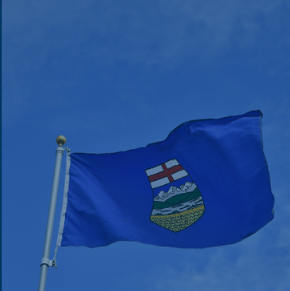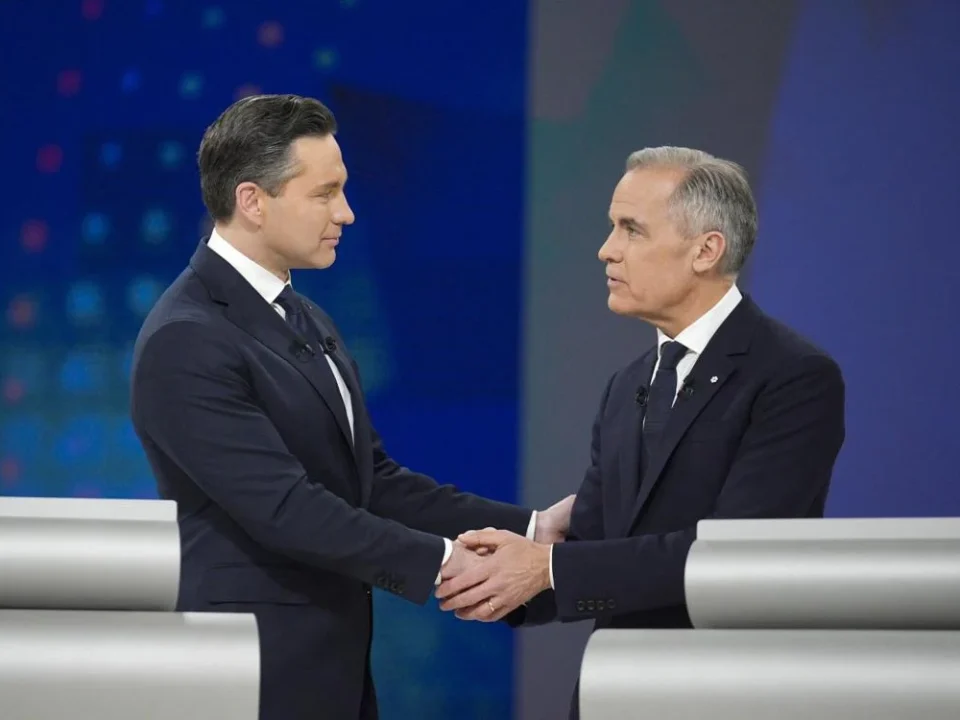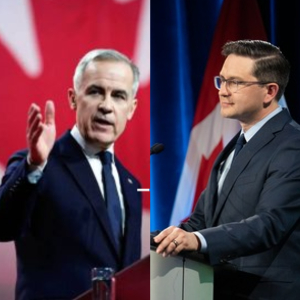
Last week, INNOVATIVE released the vote results of a new INNOVATIVE poll of 1,508 Albertans. The race starts with the two main parties virtually tied (41% UCP, 40% NDP). If you are looking for our vote numbers, please follow this link https://innovativeresearch.ca/ndp-gains-centered-in-ucp-strongholds/.
If you want to understand the underlying dynamics of values, attitudes, parties and leaders, read on. Today we are releasing a deeper dive into the underlying dynamics of the race. We start with key attitudinal divisions, move to the party and leader images, and end up with the UCP ace, regional alienation.
Alberta values are less conservative than the stereotype suggests
When we group Albertans by their values, less than 1-in-4 belong to a small “c” conservative cluster. For big “C” conservatives, they need to appeal to more moderate voters. Right now, the UCP only have majority support among Populist Conservatives. They lead among Deferential Conservatives, Business Liberals and Thrifty Moderates, but in all three clusters, it is only a single digit lead.
The UCP base is anchored among voters who believe you can be anything you want in Alberta
Most Albertans believe you can be anything you want if you work hard enough. The UCP enjoy strong leads both among Achievers, who are getting by just fine, and among Strugglers, who are having a hard time making ends meet. The NDP have majority support among Economically Alienated voters.
More Albertans would support new vaccine mandates than oppose them if there is a future COVID outbreak
As might be expected, the UCP win 60% of the votes from those opposed to further mandate while the NDP has 52% among those who support mandates. Revisiting the mandate issue is more likely to help the NDP than the UCP.
Brand Loyalty favours the UCP
The UCP enjoy a 13-point lead over the NDP in party identification – the political equivalent of brand loyalty. That matters because of confirmatory bias – a UCP identifier looks at an objectively balanced news article and sees a pro-UCP story. For the UCP to win, their key task is to get people who feel like UCP to vote UCP. The NDP must win their base, win unaligned voters by a wide margin, and win over some defectors from 3rd parties and the UCP.
Retrospective Voting favours the NDP slightly
When Albertans look back at the records of the UCP and NDP in government, they draw similar conclusions. Almost exactly the same number of Albertans say they are satisfied with the UCP government (45%) as say they were happy with the previous NDP government (46%). But respondents report being a little more dissatisfied with the UCP (49%) than they say they were with the NDP government (43%)
Time for a Change highlights the opportunity and challenge for UCP
Albertans are equally likely to agree as disagree (39%) that the UCP party, while they may have their problems, are still the best party to form government. However, a majority of 58% agree that it is time for a change in government. The key issue for the UCP is that they are performing weaker than expected among soft supporters.
Fear and Loathing
Albertans are more afraid of what the UCP might do in its term than angry at their performance in their current term. A majority of 54% agree that “I am afraid of what Danielle Smith and the UCP might do if they form government,” while only 38% agree that “After the past few years, I am so angry at the UCP, I will never vote for them again”.
Albertans are also scared of the NDP, but not as much. Just under half (46%) agree that “I am afraid of what Rachel Notley and the NDP might do if they form government.”
Party Brands
Although the UCP enjoy a lead in party identification, the NDP are more competitive on other brand measures.
Albertans are more likely to have positive (33%) rather than negative (28%) views of the NDP while they are more likely to have negative (35%) rather than positive (30%) views of the UCP.
The UCP, however, do better on their brand promise. Albertans are more likely to feel they will be better off (35%) rather than worse off (25%) if the UCP form the next government. They feel electing the UCP will deliver a better economy at the risk of worse health care.
Albertans are more mixed on the NDP with 28% feeling they will be better off and 30% worse off under an NDP government. Albertans feel electing the NDP will deliver health care at the risk of higher taxes and a worse economy.
On brand personalities, where respondents describe parties in human terms, both parties are frequently described as both careless and hardworking. The NDP is more likely to be seen as practical and reliable while the UCP is more often described as confident and temperamental. NDP supporters are more likely to chose positive words to define the NDP than UCP voters are to chose positive words for the UCP. Similarly, UCP opponents are more likely to chose negative words for the UCP than NDP opponents are to chose negative words for the NDP.
Leadership favours the NDP
Notley has a 5-point lead in favourables over Smith. She also has a 4-point lead as “best to be Premier”. Those leads are bigger among ambivalent voters and voters in Solid UPC seats, where the election outcome will be determined.
Looking at leadership attributes, Notley beats Smith by at least 3 points on every positive measure while Smith leads by at least 5 points on every negative attribute. Notley leads by 10 points on “cares about people like me” and Smith leads by 10-points on “scary”.
When we look at the brand personalities of the leaders, Smith is defined by words such as careless, confident, and cold. Notley is defined by words such as hardworking, intelligent, and confident. NDP supporters are more likely to chose positive words to define Notley than UCP voters are likely to chose positive words for Smith. UCP opponents are more likely to chose negative words for Smith than NDP opponents are to chose negative words for Notley.
Other Key Attitudes
There is a high level of concern about the outcome of this election. Almost 4-out-of-5 agree that “I am very worried about what might happen to Alberta if the wrong party is elected.”
There is not much opportunity for a third-party breakthrough in this campaign. Just over two-thirds (68%) see this election as a two-horse race between the UCP and NDP. Only a little over a quarter (28%) agree that it is time to give another party a chance.
Issues
The cost of living dominates as the most important issue in this election with health in second place.
The UCP and NDP are almost tied on cost of living with the UCP two points head. However, the NDP enjoy a 10-point lead on the issue of health care.
If the UCP have their way, the election will focus on oil and gas (23-point lead) and standing up to Ottawa (24 points). But they also enjoy healthy leads on debt and deficit (+14), jobs (+8%) and crime (+6%).
In addition to health, the NDP lead on social issues (+11%), education (+8%), and the environment (+7%).
Regional Alienation
Regional alienation is the UCP’s not-so-secret weapon.
It is true that Albertans are more likely to feel like Canadians first (41%) than Albertans first (22%).
That said, 50% say ‘its time for Alberta to stand up to the rest of Canada and say we are not going to take it anymore’.
Over half (54%) believe Alberta has been treated unfairly by the federal government. Even more (58%) believe “After years of giving more to Canada than we took, when Alberta needed help, Canada let us down.”
But Danielle Smith may be overplaying her hand. Only 34% approve of Smith’s approach with the Alberta Sovereignty Act, while 45% express disapproval.
Take Back Alberta
Right now, Take Back Alberta (TBA) is an insider’s issue. Just 5% feel they can explain what TBA is to others. Even when we remind people about the debate surrounding TBA, just one third claim to be at least somewhat familiar.
If TBA does become more top of mind, it could become a problem for the UCP. Only 19% support TBA while 41% oppose it. Many are not sure at this point. Just one-in-five (22%) say TBA’s influence on the UCP is a good thing, while 40% say it is a bad thing.
Summary
As every poll shows, this election starts close. But this deep dive shows that this campaign has the potential to swing strong to the NDP if the focus is leadership and health, and even more strongly to the UCP if the debate focuses on parties and regional alienation.

































